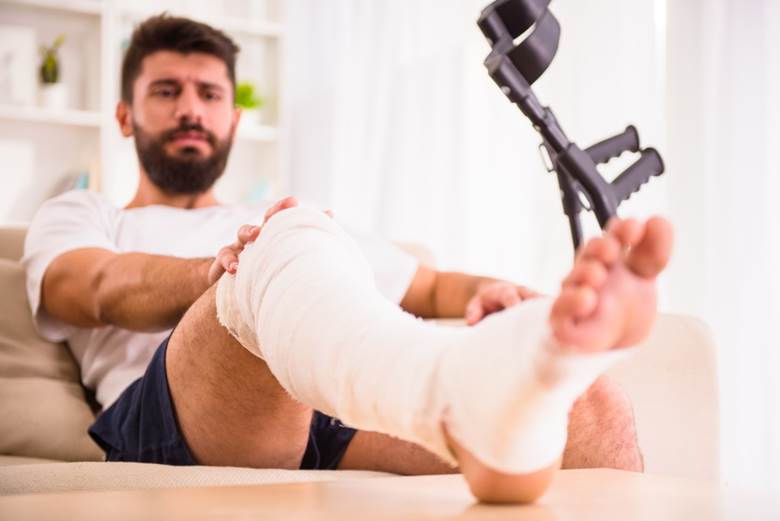Of the 72 million doctor visits annually relating to injuries, it’s estimated that close to 500,000 of these go to trial as a personal injury lawsuit.
That’s a small percentage. It doesn’t mean that if you’ve been injured as a result of someone else’s negligence that you should be responsible for your bills.
Compensation for personal injury incidents is possible. If you’re unsure if you have a case, or what types of compensation you qualify for, read on.
Causes of Personal Injuries
There are three primary personal injury claims.
The first, and most common, are accidents. Car crashes are a perfect example, as few intend to get into an accident, and often fault can be determined.
Next is medical malpractice. Here, medical personnel are required to treat patients under a legal standard of care. If they fail to do so, the ramifications passed onto the patient can be reclaimed through personal injury suits.
Finally, there’s defamation. This damage occurs to someone’s reputation, usually through libel or slander. While trickier to prove, if there are actual losses proven as a result of someone’s defamation, you deserve proper compensation.
Medical Bills and Rehabilitation Expenses
Rarely is a stint at the hospital cheap. And if you’re put into the hospital because of someone else’s actions, it only makes sense they should be required to pay your medical bills.
A personal injury attorney can assist you in recovering any fees or charges regarding co-pays, operations, surgeries, medical aids, and post-treatment physical therapy as a result of an accident.
These bills add up quickly. The responsible party should be responsible for paying them.
Lost Wages and Future Earning Compensation
If you earn $800 a week, but can’t work for weeks or months due to an injury caused by an accident, you’re entitled to fair compensation for that time you’re unable to work.
Punitive Damages
Reserved for abhorrent or intentionally malicious defendants, punitive damages are rare.
Cases that may result in punitive damages include:
- Sexual assault
- Abuse or aggravated battery
- Product manufacturers who intentionally shipped defective products or prescription drugs
Larger corporations are easier to stick to this charge too. Individuals or small groups often don’t face the same level of scrutiny.
Mental Anguish and Emotional Distress
Suffering whether it’s mental or emotional can result in personal injury compensation. Often signs of distress include depression, suicidal thoughts, anxiety, or insomnia.
Further, experiencing symptoms of trauma can be indicative of mental anguish. Document your symptoms in a daily journal to chart your emotional well-being.
Loss of Consortium
Reserved for the most severe of cases, loss of consortium refers to a situation where a relationship is permanently altered because of an accident. Typically spouses or children file this claim instead of the plaintiff.
These occur in cases involving permanent consequences, such as death, paralysis, or amputation.
Get Compensation for Personal Injury
If someone’s negligence harmed you and resulted in damages, you deserve justice. Receiving compensation for personal injury is the place to start.
Reach out to a personal injury attorney today.
Did you find this content helpful? Check out our related blog posts below for further advice and information to help you navigate the murky waters of our legal system.
 Power Up Your Claim: Essential Tips for Truck Accident Victims
Power Up Your Claim: Essential Tips for Truck Accident Victims  Car Accident Medical Bills: Understanding Insurance Coverage
Car Accident Medical Bills: Understanding Insurance Coverage  Sexual Harassment: Your Legal Rights in the Workplace
Sexual Harassment: Your Legal Rights in the Workplace  Lawsuits Against Nursing Homes
Lawsuits Against Nursing Homes  Understanding Head-On Truck Accidents
Understanding Head-On Truck Accidents  When the Shine Turns to Scratches: Car Wash Damage Lawsuits Explained
When the Shine Turns to Scratches: Car Wash Damage Lawsuits Explained  Capital Senior Living Lawsuits: Navigating the Murky Waters of Elder Care
Capital Senior Living Lawsuits: Navigating the Murky Waters of Elder Care  Capital Management Services Lawsuit: Navigating the Debt Collection Maze
Capital Management Services Lawsuit: Navigating the Debt Collection Maze 

